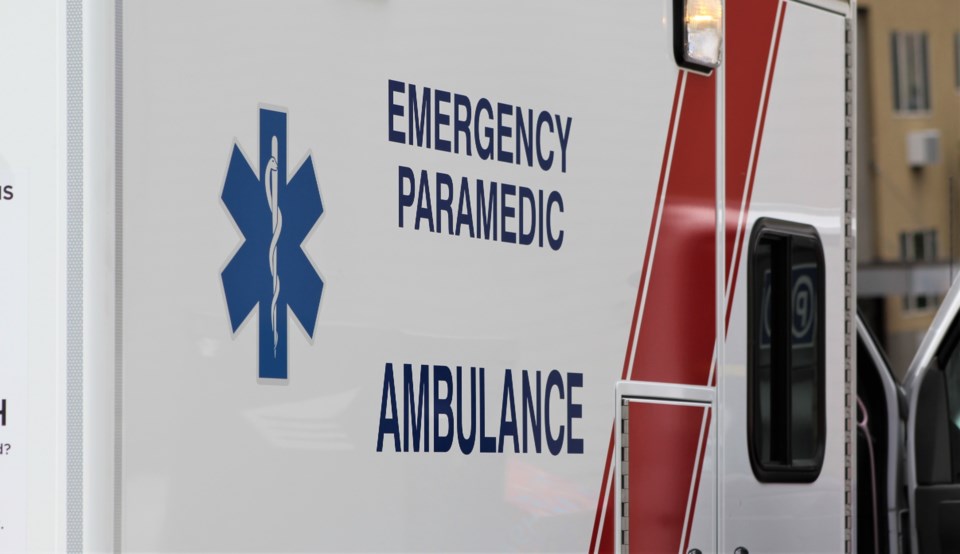During the unprecedented heatwave, BC Emergency Health Services (BCEHS) call takers have seen a spike in heat-related calls from the public.
BCEHS says communities within the Northern Health Authority have seen 41 heat-related calls in June to date, with 10 calls specific to Prince George.
Provincially BCEHS has seen 730 heat-related calls in June so far, where as in 2020 BCEHS responded to just 14 heat-related calls total.
- Sunday, June 27, BCEHS responded to almost 140 heat-related calls: 107 calls for heat exhaustion and 32 calls for heatstroke across the province.
- Monday, June 28, BCEHS responded to 248 heat-related calls: 168 calls for heat exhaustion and 80 calls for heatstroke across the province.
- On this day BCEHS paramedics responded to 1,975 patient events which was the highest ever ambulance call volume day for B.C.
- Tuesday, June 29, BCEHS responded to 187 heat-related calls: 123 calls for heat exhaustion and 64 calls for heatstroke.
B.C.’s Chief Coroner Lisa Lapointe also announced today (June 30) the heatwave has been linked to 486 sudden and unexpected deaths in the province.
That’s 321 more sudden deaths — a 195 per cent increase — more than would occur over a normal five-day period.
BCEHS says given this demand on services they are asking people to take steps to keep themselves, and loved ones, as safe as possible in the heat, and call 911 if they have a medical emergency.
However, if they are seeking medical advice please call 811 and speak to a nurse.
Northern Health also issued a reminder today urging people to stay safe as temperature and humidex values remain high into the beginning of July.
“As B.C. moves into Step 3 of the provincial restart plan, and with the July 1 statutory holiday, we expect that many Northern residents are planning gatherings and activities with fewer COVID-19 related restrictions,” said NH Chief Medical Health Officer Dr. Jong Kim.
“We’re appealing for people to keep the current heat wave in mind while planning and participating in activities or outings, to protect themselves and their loved ones, as we have done all along through the pandemic.”
Excessive heat exposure can lead to weakness, disorientation and exhaustion.
In severe cases, it can also lead to heat related illness or heat stroke, also known as sunstroke. Heat stroke can be a life-threatening medical emergency. Symptoms include pale cool moist skin, fever, heavy sweating, rapid breathing, headache, confusion, weakness or fatigue, nausea and muscle cramps.
BCEHS said it is continuously monitoring staffing levels and making daily adjustments as needed and is increasing our staffing and triage capacity in dispatch centres to help deal with this unprecedented call volume.
- with files from Stefan Labbé, Glacier Media



